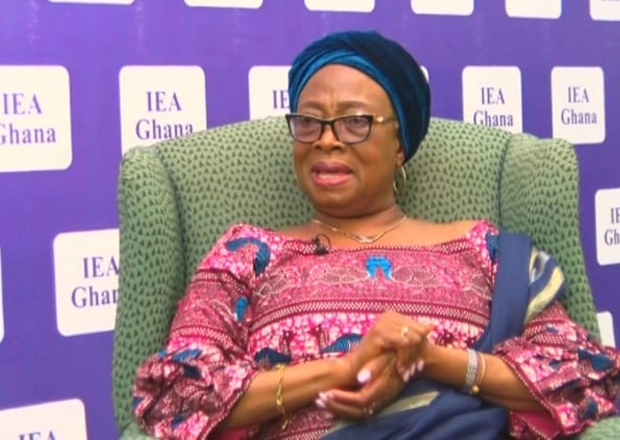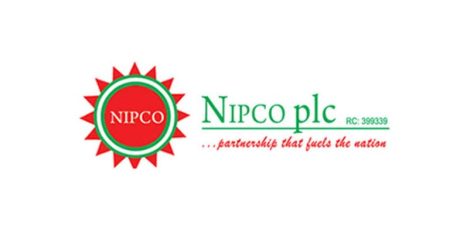Ghana’s Petroleum Agreement Extension Sparks Controversy and Calls for Transparency
Former Chief Justice Sophia Akuffo has sharply criticized the Ghanaian government’s decision to extend the petroleum licenses of Tullow Oil and its partners, questioning the rationale behind renewing a contract with 11 years remaining. Speaking at an Institute of Economic Affairs (IEA) dialogue, she demanded transparency and a public justification for this decision, particularly given Tullow Oil’s history of legal disputes with Ghana over tax payments. Madam Akuffo highlighted the millions of dollars lost in revenue due to these disputes, including a recent arbitration case where Ghana was ordered to pay substantial costs to Tullow. The extension, she argued, is perplexing given the current strain on public finances and ongoing concerns about resource governance. Her remarks underscore a growing public unease about the management of Ghana’s oil resources and the potential for agreements to disadvantage the nation.
The controversy surrounding the license extension is further fueled by the ongoing legal battle between Ghana and Tullow Oil. The International Chamber of Commerce (ICC) ruled against Ghana in a dispute over a $320 million tax assessment, obligating the nation to pay significant legal and arbitration costs to Tullow. This financial burden, coupled with the extension of Tullow’s license, has raised questions about the government’s negotiation strategy and its commitment to maximizing benefits for Ghana. Critics argue that extending the license of a company that successfully challenged a substantial tax bill sends the wrong message and potentially weakens Ghana’s negotiating position in future dealings with multinational corporations.
Adding to the complexity of the issue is the recently signed Memorandum of Understanding (MoU) between the government and Tullow Oil. While non-binding, legal experts like Victor Anku-Tsede warn that this MoU could inadvertently commit Ghana to outdated contractual terms that are no longer in line with the country’s development priorities. He emphasizes the need for parliamentary scrutiny and adherence to constitutional provisions that mandate legislative oversight for agreements of this significance. Mr. Anku-Tsede argues that the substance of the agreement, rather than its form, should determine whether parliamentary ratification is required, citing Supreme Court precedents to support his position. This raises concerns about potential circumvention of established legal processes and the importance of ensuring democratic accountability in the management of natural resources.
The debate also highlights the global trend towards reviewing and modernizing petroleum contracts. Mr. Anku-Tsede pointed to several countries, including Senegal, Namibia, Tanzania, Angola, and Mexico, that have reformed their petroleum contracts to better reflect their national interests. He argued that such reforms are not radical but rather a standard practice for maximizing public benefit from resource extraction. These international examples provide a valuable framework for Ghana to consider as it strives to balance investor certainty with the need for fiscal justice and transparent governance. This emphasizes the importance of learning from international best practices and adapting contract terms to reflect evolving economic realities and national development goals.
Addressing public concerns, Collins Adomako-Mensah, Deputy Ranking Member of Parliament’s Energy Committee, assured Ghanaians that any new petroleum agreement will be subject to parliamentary scrutiny. He clarified that the current discussions with Tullow Oil are preliminary and that the MoU does not have the force of law. Mr. Adomako-Mensah emphasized that parliamentary approval is a prerequisite for the MoU to become binding, seeking to allay fears of the government bypassing legislative oversight. This assurance, while welcome, underscores the importance of maintaining public pressure on the government to ensure transparency and accountability in its dealings with Tullow Oil and other international partners.
The controversy surrounding the extension of Tullow Oil’s license underscores the complex challenges faced by resource-rich countries in balancing the interests of multinational corporations with the need to maximize national benefits. It highlights the importance of transparent negotiations, robust legal frameworks, and parliamentary oversight to ensure that resource extraction contributes to sustainable development and benefits the citizens of Ghana. The ongoing debate serves as a crucial reminder of the need for continuous vigilance and public engagement in the management of natural resources, ensuring that they are utilized for the benefit of all Ghanaians.














